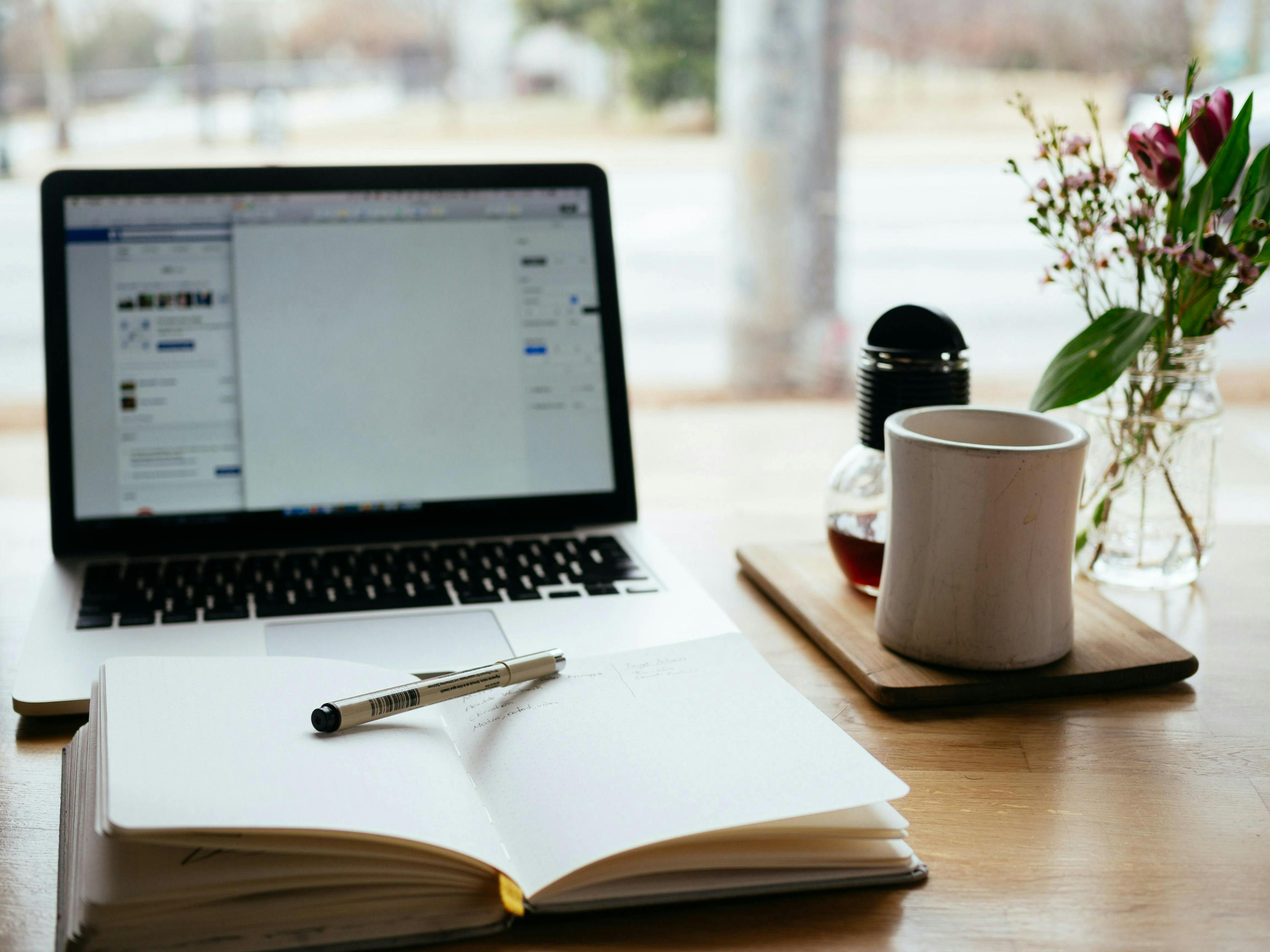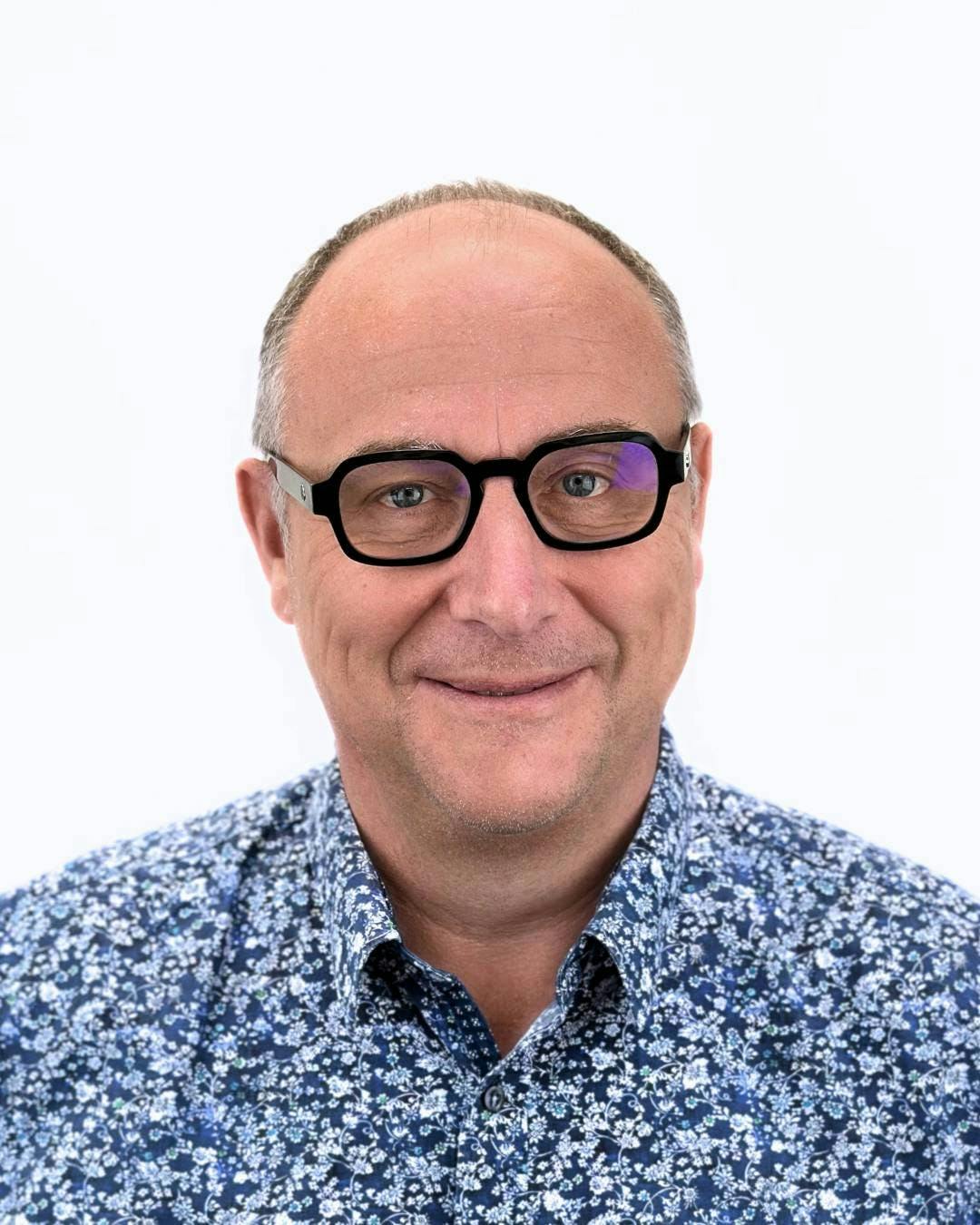With the development of modern democracy came the idea of public and private. For years this separation of the public and the private has guided the behavior of governments and how far they could intrude into our private lives. For example, you can get arrested for public obscenity - but for the police to enter your home they have to produce a search warrant laying out clear reasons why they need to violate your right to privacy.
In private - that is to say at home with family or friends - people were sealed away from the eyes of society and allowed to make their own rules in their own households. Outside the home, however, the act of simply being visible and participating in society made a person subject to the rules of that society- which were created, dictated and enforced by the members of society. While a man might be arrested by police for breaking a law, he would also be shunned by his peers if he did not adhere to what was considered acceptable behavior in terms of manners, dress and actions.
In the Age of Social Media, Will Anything Be Private?
The modern age of social media, however, has blurred the lines so far that it is questionable whether such a thing as a private sphere even exists anymore. We Twitter about the minutiae of our day and post staus updates on Facebook and MySpace that our employers and prospective employers can find and use to judge whether we are suitable employees - based on information we willing provide.
We have social media profiles that mix friends, family, co-workers and business contacts with no real way to separate them and keep some parts of our information private. Some social media platforms - Facebook and Flickr, for example - enable us to differentiate between public and private - but many do not. People post videos on YouTube and photographs on Flickr, MySpace and Facebook of things they do in their private lives which bleed over into the public domain - and have led to arrests and firings.
We even have tools like the new Google Latitude which allows our friends and even strangers to track our every move - and identify us because we have our picture splashed across our various public profiles.
Increasingly, we are willingly placing our private activities into the public domain and this gives society more of a say in how we should behave and more control over our actions - if you post a drunken photo of yourself on Facebook taken when you were supposedly home with the flu and your employer finds it, would you really be surprised if there were repercussions? If you Twittered negatively about a client and you lost their business, could you complain?
The Implications of a Global Public Sphere
While social media has done a wonderful job of expanding what we consider to be our society from a village to a world, it has also led to new ways of monitoring and moderating our behavior - but because global society is a new phenomenon, in many instances it's also a case of mob rule - how many people have been bullied or hounded off public forums for violating some unspoken code of conduct they did not fully understand?
We have yet to really understand the full implications of making our private lives fully public. While it may lead to more interaction between cultures, it may also lead to greater social conformity worldwide. In a world where people complain about the destruction of the character of local towns and villages by global brands, social media may prove an even worse disaster as people no longer take their social cues from their neighbours but from a range of "friends" from around the world.
Will the public gaze of an online audience lead to the creation of an international set of rules about not just behavior, but also the creation of a new set of cultural norms to be followed worldwide - and hence the disappearance of national cultures?
Increasing use of social media will also lead governments to redefine their own mandate in terms of how to use the public sphere to monitor the private sphere and what level of governance and regulation is appropriate - and how do you govern a virtual space where only some of the inhabitants fall under your legal jurisdiction?
As we go forward into this new, public world we should be as aware of the dangers and the implications of making our lives entirely public as we are of the benefits.
Need help with digital marketing? Get in touch!
I-COM Digital Marketing
With a large in-house team of specialists we provide a range of digital services including web design, web development, digital marketing, SEO, branding, content marketing, PR and outreach, social media marketing and paid search marketing, we cover every digital marketing need you may have.
Call us on 0161 402 3170 or use the contact form to get in touch.

